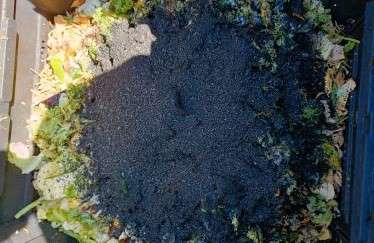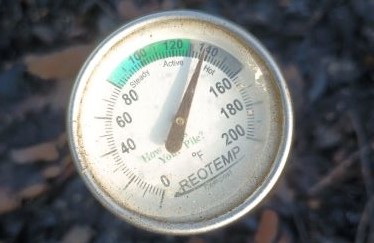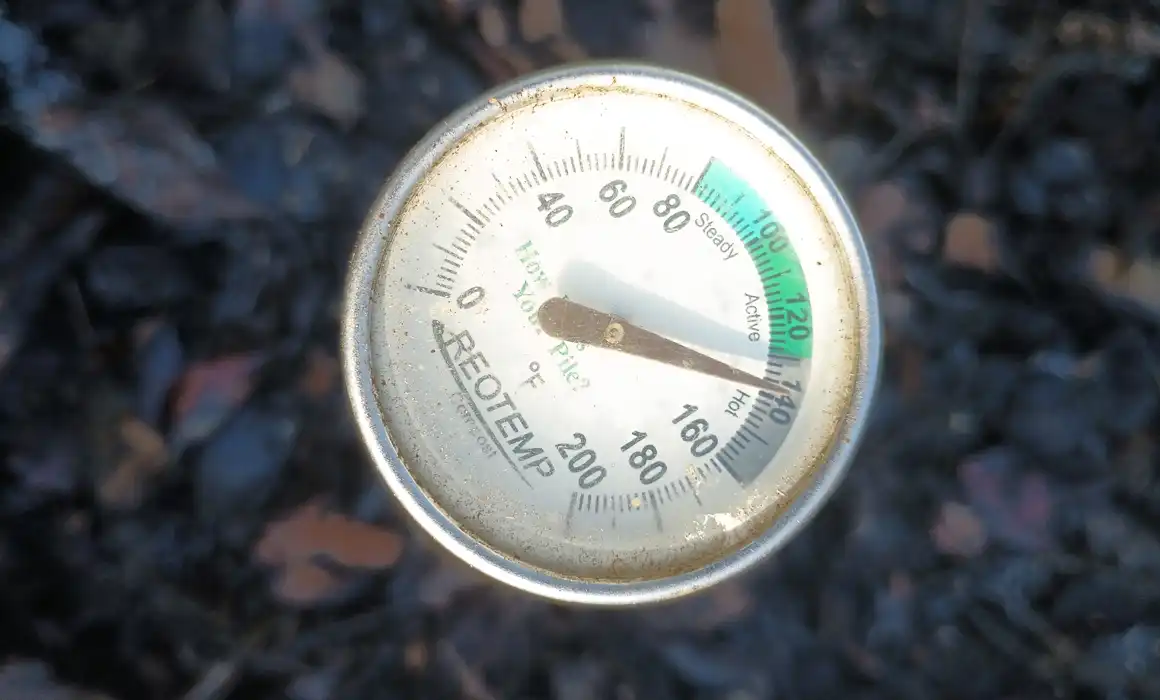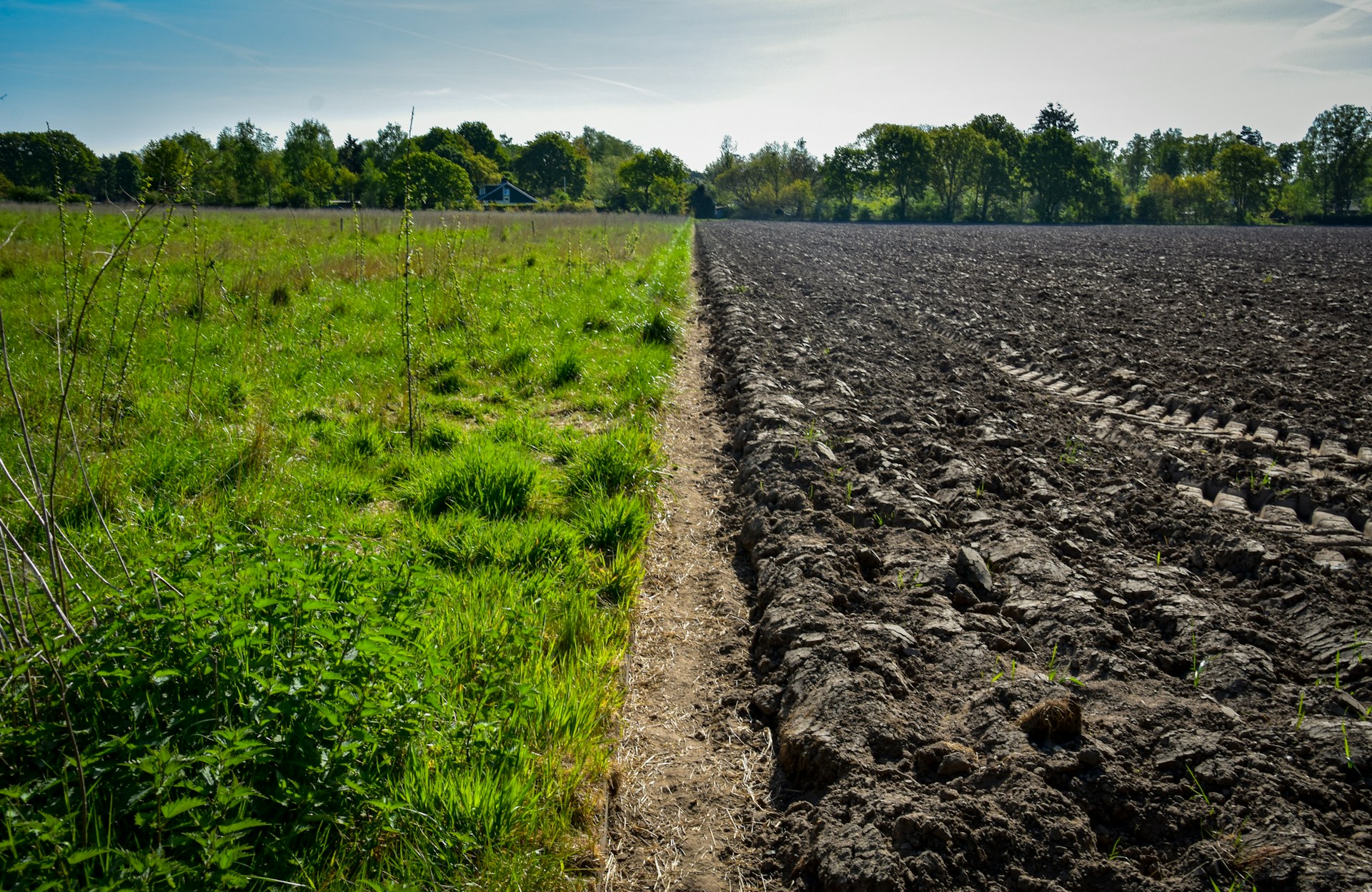- Location: Feed and Be Fed, San Pedro, CA
- Report by: Alex Penido Sonnenschein.
- Period: September 19 – December 12, 2023
- Feedstock: Food waste 50%, brown materials 45%
- Additive and application rate: TerraTonic Biochar at 5% of the feedstock
Background
Composting is a natural process that converts organic materials into nutrient-rich humus. However, composting can take months and composting bins can often attract flies, which can be nuisance and a health hazard.
Biochar is a charcoal-like material that is created when organic materials are heated in the absence of oxygen. Biochar has many beneficial properties for composting, including its ability to:
- Reduce odor and pest (fly) problems
- Accelerate the composting process
- Increase aeration
- Improve moisture and nutrient retention
Hypothesis
Adding biochar to a compost bin will increase the temperature of the compost and accelerate the composting process. It will also reduce or eliminate the fly issue.
Methods
Two compost bins were constructed and filled with the same mixture of organic materials, including food waste (~50%) and brown materials (~45%). One bin was amended with ~5% biochar by volume. The bins were turned regularly once filled (October 6th), once or twice a week. Biochar was also sprinkled on the damp ground where flies presented.
Temperature was monitored bi-weekly using a compost thermometer when piles were active. The population of flies present in the composting site was observed visually. The experiment was terminated 14 weeks after the bins were completely full (12.65 cu ft), including curing period. The compost was then harvested on December 12th, and evaluated for quality.
Results
The bin with biochar reached thermophilic temperatures (139°F) higher than the bin without biochar (121°F) within the same period. The biochar bin also maintained higher temperatures throughout the composting process as its activity decelerated. The compost in the bin with biochar was ready to harvest after 8 weeks, while the compost in the bin without biochar was not ready to harvest until 10 weeks. The compost from both bins was dark brown and crumbly. The compost without biochar pertained a hint of unpleasant smell, while the compost with biochar smelled earthy. Bin with biochar broke down twigs and leaves more thoroughly, making the harvest more abundant after filtering.
Furthermore, the flies on the composting site with biochar were significantly reduced as well as anaerobic odor and excessive moisture of other dysfunctional bins beside those in the experiment.


Conclusion
The results of this experiment support the hypothesis that adding biochar to a compost bin will increase the highest temperature of the compost bin as well as the temperature that is sustained throughout the process, accelerating the composting process, and reducing or eliminating the fly issue.
Additionally, the compost from the biochar bin was mature and ready for harvest faster than the compost from the bin without biochar. Biochar also helped eliminating fly issue in the compost bins as well as in the surrounding environment of the compost site. This is likely due to the fact that biochar can absorb excessive moisture and odor easily, reducing the presence of fly-attracting anaerobic odors.
Recommendations
Based on the results of this experiment, I recommend using biochar in your compost pile. Biochar can help to speed up the composting process and improve the quality of the compost.
If you are using biochar for the first time, I recommend starting with a small amount and adding more as needed. You can also test your compost pile regularly to monitor the temperature and moisture levels.
Additional notes
The compost from both bins was dark brown and crumbly. But the compost without biochar pertained a hint of unpleasant smell, while the compost with biochar smelled earthy-fresh.
Biochar also helped to improve the consistency of muddy compost piles. This is likely due to the fact that biochar is a highly porous material that can absorb water and increase air-flow when turned into the excessively wet mix.
Overall, the results of this experiment suggest that biochar is a valuable amendment for composting. Biochar can help to speed up the composting process, improve the quality of the compost, and mitigate fly-attracting anaerobic conditions in unbalanced compost piles.





